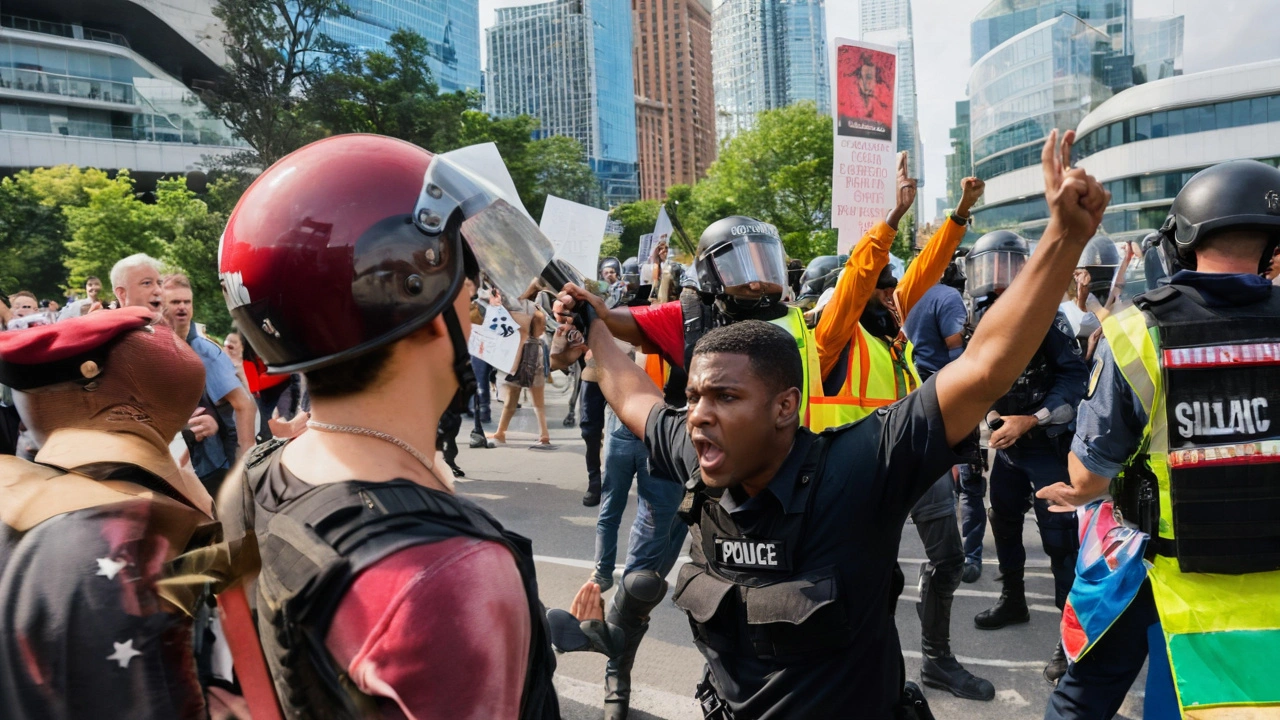Understanding Police Directives and Their Importance
Police directives are official orders or guidelines issued to law enforcement officers to follow specific procedures during their duties. Think of them as the rulebook for police behavior and actions, making sure every officer knows the right way to handle situations, from routine patrols to emergencies.
These directives help keep police work consistent and fair, which is crucial because officers often face split-second decisions with big consequences. They cover a range of topics, such as how to make arrests, interact with the public, or use force when necessary. Without clear directives, officers might act in ways that cause confusion or even harm community trust.
Why Police Directives Matter to You
For everyday people, knowing that police follow official directives means there's a safety net protecting your rights during encounters with law enforcement. It also means officers are held accountable if they don't stick to the rules, which helps prevent abuse and builds trust between communities and the police force.
For example, when protests or public gatherings happen, police directives lay out how officers should manage crowds and respond to unrest, aiming to maintain order without escalating tensions. If directives are clear and properly followed, it can mean the difference between peaceful resolutions and unnecessary conflicts.
Challenges and Changes in Police Directives
Directives are not set in stone—they evolve as new laws come in and society’s expectations shift. Sometimes, directives may lag behind real-world challenges, leading officers to struggle with unclear or outdated rules. This is why ongoing reviews and updates are essential, ensuring directives stay relevant and effective.
Also, police directives vary by region and department, reflecting local laws and community needs. That can sometimes cause confusion if you move from one place to another where police practices differ. Still, the goal everywhere is to protect safety and respect citizens’ rights.
In sum, police directives are a key part of how law enforcement operates carefully and responsibly. Understanding them helps you grasp what happens behind the scenes in police work and why following these rules matters for everyone’s safety.

